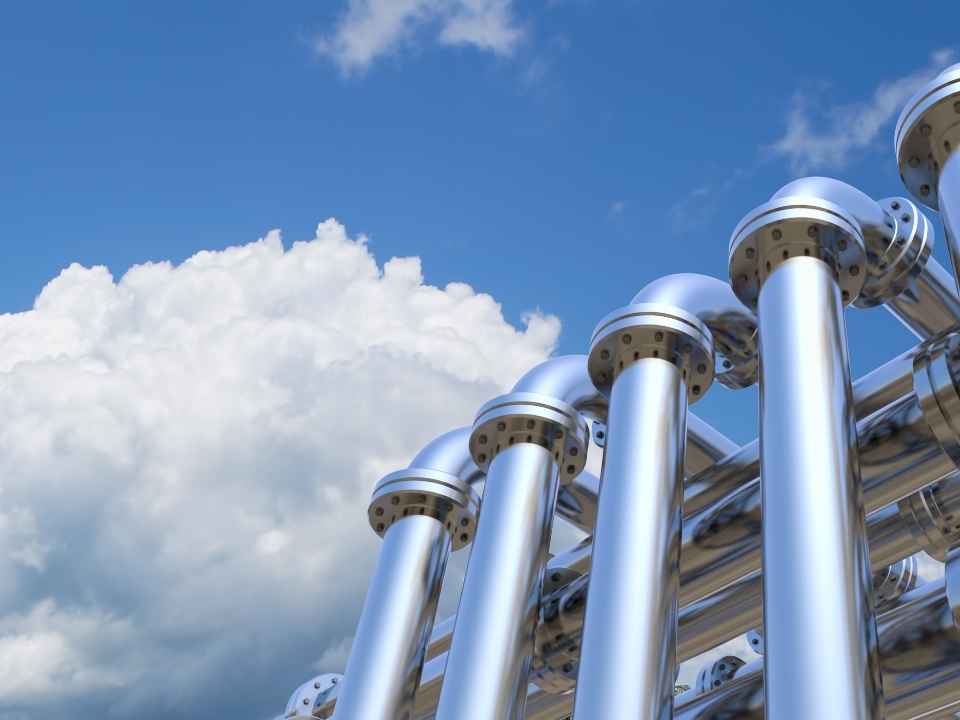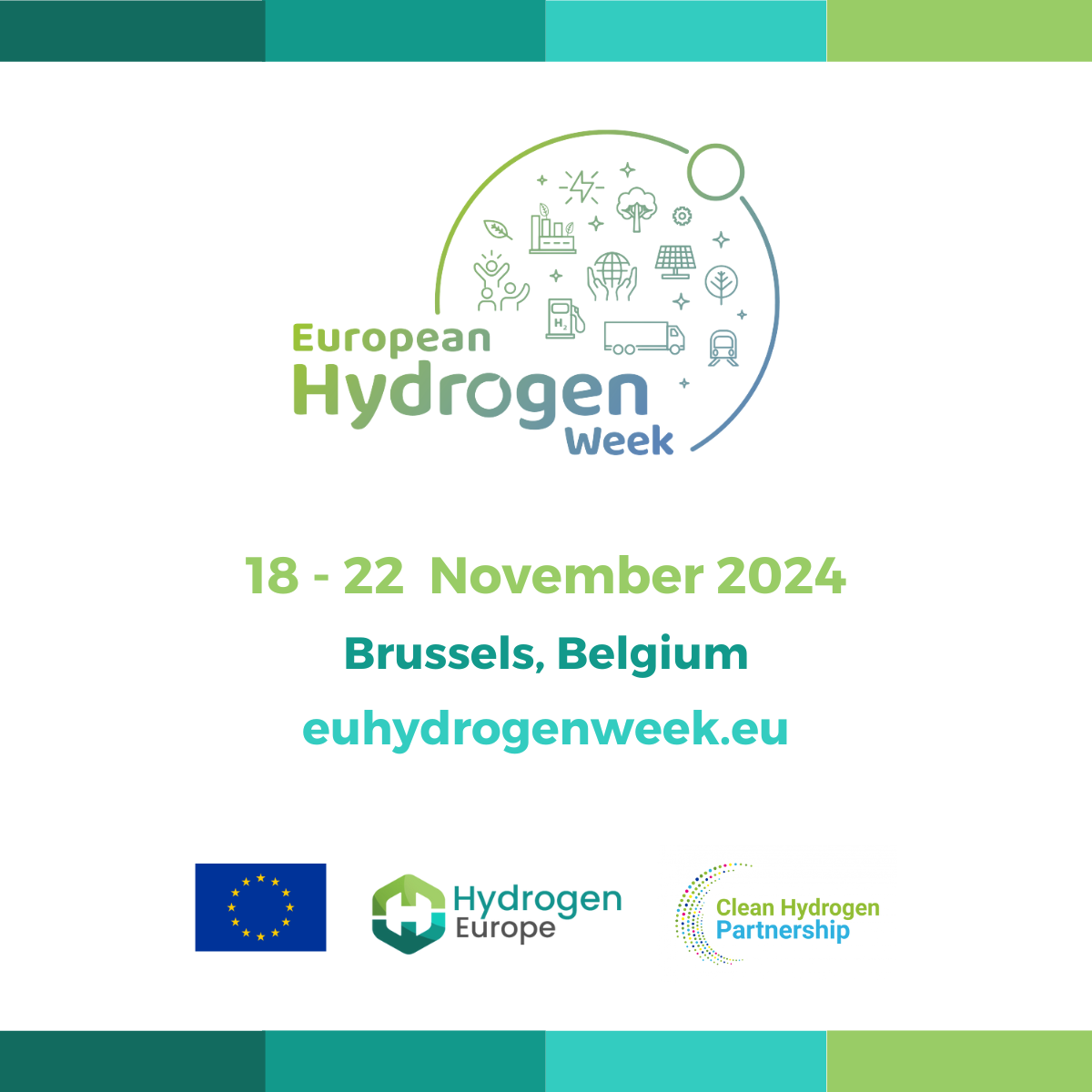H2 Fuel Cell Trucks
17 July 2022
New LNG Terminal in Brunsbüttel
18 July 2022The European Commission green lights € 5.4 billion for hydrogen technology and paves the way for the ramp-up of the sector
The European Commission has given its green light today to Hy2Tech, the first Important Project of Common European Interest (IPCEI) in support of hydrogen technologies, just one month after its official notification by 15 Member States[1]. The Technology IPCEI approved under EU State Rules will provide up to €5.4 billion of Member States funding to 35 companies for 41 research, development and deployment projects on a wide range of hydrogen technologies, including electrolysers, fuels cells and storage. The funding is expected to unlock €8.8 billion of private investments.
Hydrogen Europe welcomes the positive decision of the European Commission and the engagement of Members States and of industry in the building process of this IPCEI wave. Todays’ very much awaited funding decision is a milestone in the acceleration of hydrogen technologies deployment at large scale. Hydrogen Europe underlines the importance of IPCEIs in the roll out of the hydrogen economy and encourages Member States to notify as soon as possible the IPCEI waves under preparation. The next waves will focus on industry decarbonisation, infrastructure, and mobility respectively and are crucial to support Europe’s technological leadership in meeting the 2030 target of 20 Mt of renewable hydrogen.
Jorgo Chatzimarkakis, CEO of Hydrogen Europe, commented: “We are delighted to see the first wave of IPCEI projects being finally approved after an intense 2-year process. The sector has been working hard to develop and finetune the concepts, business cases and right partnerships for projects that will deliver real CO2 emission reductions at the lowest costs for taxpayers. These projects also come at the right moment to help reduce dependency from fossil fuels- in the context of the current energy crisis. Given the vast range of applications that depend on renewable hydrogen for decarbonising, we very much welcome the €5.4bn allocated by the European Commission to support these projects’’.
Chatzimarkakis added: ‘’This pioneer projects carry big risk given the lack of a European market and infrastructure for hydrogen. The sector needs to set up the whole hydrogen ecosystem from hydrogen production to transport, storage and end use applications. All this needs to be done in a synchronized manner, in record time and ensure it is commercially attractive to secure private investments. This is one challenging task!’’
________________________________________
[1] Austria, Belgium, Czechia, Denmark, Estonia, Finland, France, Germany, Greece, Italy, Netherlands, Poland, Portugal, Slovakia and Spain.



